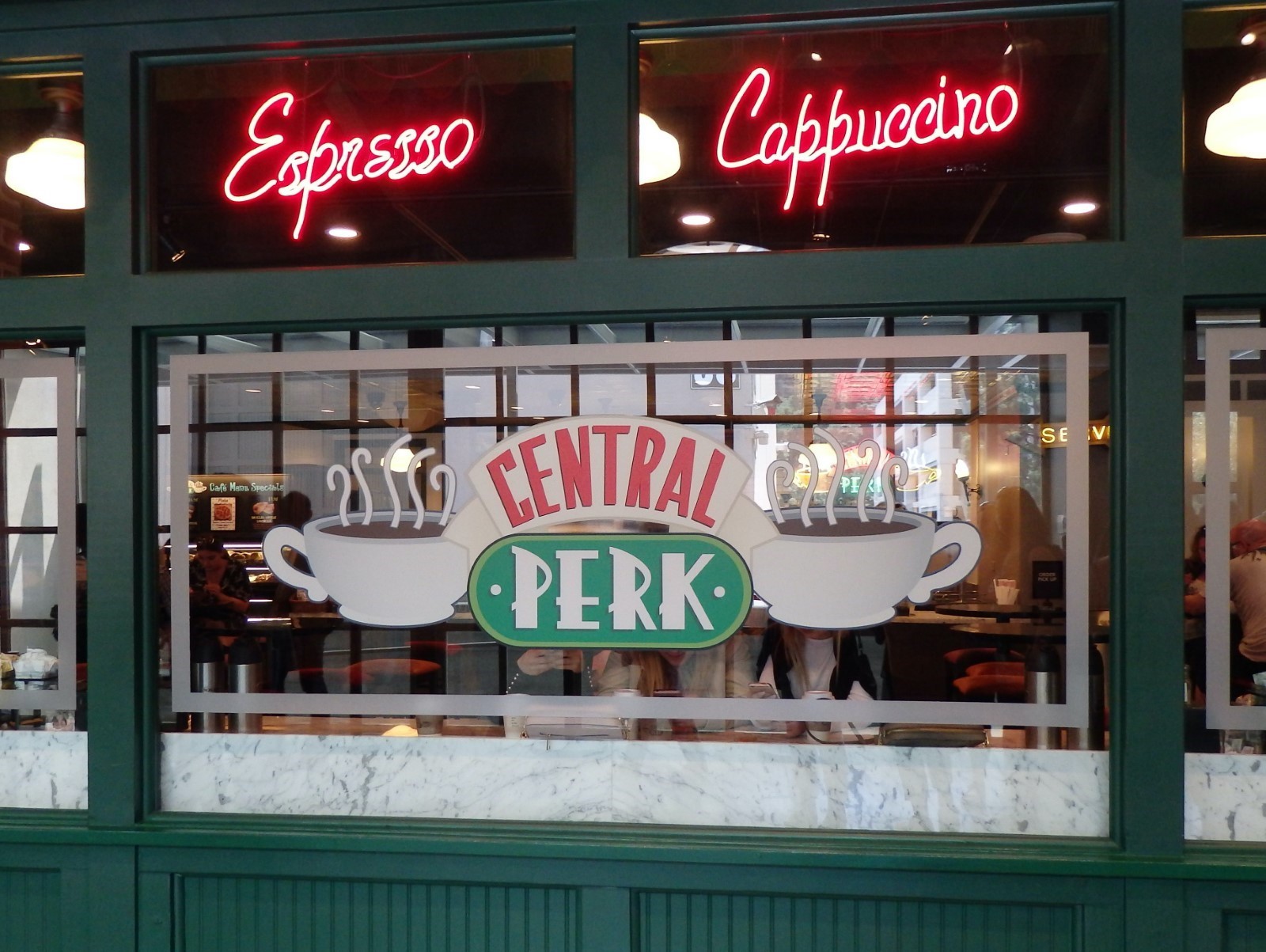Study reveals the most popular fictional companies in the UK

A new study revealed that ‘Los Pollos Hermanos’ is the UK’s most popular fictional company, according to Google search data.
The study, conducted by document management company SmallPDF analysed Google UK and worldwide data for the 19 most popular fake companies and ranked them according to the average monthly searches on Google in the UK.
So, if they were real – which business would be the most successful one?
According to results, the 10 most popular fictional business in the UK are:
Ranking
Company
Pop-culture reference
UK Volume
Global Volume
1
Los Pollos Hermanos
Breaking Bad
14000
187000
2
Dunder Mifflin
The Office
5500
92000
3
Central Perk
Friends
5200
75000
4
Krusty Krab
SpongeBob SquarePants
3900
86000
5
Duff Beer
The Simpsons
3100
32000
6
Gringotts
Harry Potter Saga
2100
25000
7
Stark Industries
Iron Man (Marvel)
1600
42000
8
Cyberdyne Systems
Terminator
600
4600
9
Wayne Enterprises
Batman
600
14000
10
Sterling Cooper
Mad Men
400
6100
*Some fictional businesses such as Monsters Inc. and Bubba Gump were not considered in the study as these names correspond to film names or companies that really exist, and including them would compromise the accuracy of the study
Los Pollos Hermanos
With an average search volume of 14,000 monthly searches in the UK and 187,000 searches world-wide, this fictional chicken fast food restaurant from the series Breaking Bad is the most popular fictional business in the UK.
Dunder Mifflin
Showing an average of 5,500 Google searches in the UK and 92,000 globally, fictional office supplies wholesale company Dunder Mifflin Paper Company Inc. from TV series The Office is the second most popular fictional company in the UK.
Central Perk
The well-known Manhattan fictional café from the series Friends is third in the ranking. With an average of 5,200 Google searches in the US, and 75,000 worldwide, Central Perk is one of the most loved fictional companies in the UK and in the world.
Krusty Krab
Another fast-food restaurant dominates the ranking. With an average of 3,900 monthly Google searches in the US and 86,000 searches world-wide, the famous SpongeBob SquarePants restaurant is the fourth most searched-for pop-culture business in the UK.
Duff Beer
Starting out as a fictional company in American super popular TV series The Simpson, Duff Beer is the UK’s fifth most Googled fictional business. With an average of 3,100 Google searches in the UK and 32,000 globally, Homer Simpson’s favourite drink remains one of the UK’s most loved fictional companies.
A spokesperson for SmallPDF comments on the findings:
‘From Krusty Krab to Central Perk, modern-day entertainment has created a range of fictional businesses in all sectors. It’s interesting to see that, despite most of these businesses not existing in real life; people are still Googling them.
How successful would they be if they really existed? Would they overtake some of real-life competitors?
One thing remains certain: the fictional nature of these businesses makes them so much more appealing to the general public.’
The study was conducted by SmallPDF, which offers easy PDF conversion tools, allowing users to be more productive and work smarter with documents.






